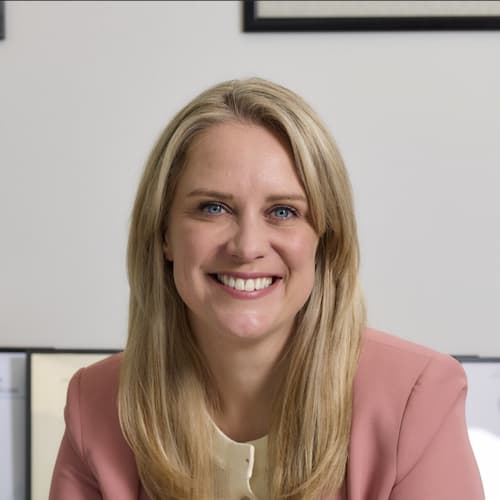

New figures released by HMRC reveal a concerning rise in unpaid corporation tax among the UK’s small businesses, prompting claims that the tax authority has “lost control” of the sector.
In the 2023–24 tax year, small businesses - defined as those with fewer than 20 employees and turnover under £10 million - failed to pay £14.7 billion of the £36.7 billion owed in corporation tax. This equates to a staggering 40.1% of the expected tax not being collected, up from £12.3 billion the previous year.
This growing shortfall is contributing to a widening disparity in HMRC’s ability to enforce compliance among different business sectors. While progress has been made in reducing the tax gap for large companies, small firms now account for 60% of the UK’s overall tax gap, compared to under 50% just four years ago.
Experts suggest this shift indicates deeper systemic issues. “HMRC has done an impressive job reducing the large company tax gap,” said one tax policy specialist. “But they seem to have lost control of the small company tax gap.”
The Federation of Small Businesses echoed these concerns, pointing to the complex tax system and HMRC’s responsiveness as key barriers. “HMRC needs to focus on answering its phones, reducing response times, and helping people navigate the tax system,” said policy chair Tina McKenzie. “This would improve the tax take and reduce the productivity hit from a non-responsive tax authority.”
The overall UK tax gap - the difference between tax owed and tax collected - stood at £46.8 billion in 2023–24, or 5.3% of the total tax due. This is a slight improvement from the revised 5.6% figure in the previous year. In total, HMRC collected £829.2 billion in taxes over the year.
Interestingly, HMRC’s figures show that wealthy individuals made up the smallest share of the tax gap at just 5%. However, some campaigners have questioned this conclusion. Tax Justice UK has suggested the real figure could be far higher due to offshore holdings and under-reported wealth. “The UK’s tax authority doesn’t have the resources or backing it needs to tackle the tax gap,” said advocacy lead Caitlin Boswell.
Treasury minister James Murray acknowledged the issue, noting that “every pound of tax uncollected puts a greater burden on honest taxpayers and deprives our public services of vital funding.” He confirmed that the government is aiming to raise an additional £7.5 billion by increasing enforcement and compliance, including hiring 7,900 new staff over the next four years.
HMRC insists it is taking action, stating: “We are working closely with small businesses to provide improved services that help them pay the right tax first time, while tackling those who deliberately bend the rules.”
At Parker Walsh, we know that financial pressure often stems from confusion, stress, and a lack of clear support. If your business is struggling to manage tax obligations or facing mounting debt, early action is vital. Insolvency isn’t the end – it’s a structured opportunity to start fresh. Contact us today to explore tailored solutions such as liquidation, restructuring, or recovery planning.
👉 Free Insolvency Advice – Your Options Explained
👉 Creditors Voluntary Liquidation (CVL) – What It Means

I am Molly Monks, a licensed insolvency practitioner at Parker Walsh. I have over 20 years of experience helping directors with the financial struggles they may face. I understand that it can be overwhelming and stressful, so I offer practical straightforward advice, which is also free and confidential. I spend time with directors to get a good understanding of their business and their goals, therefore providing the best tailored advice possible.
Email: molly@parkerwalsh.co.uk
Phone: 0161 546 8143
WhatsApp: 07822 012199
